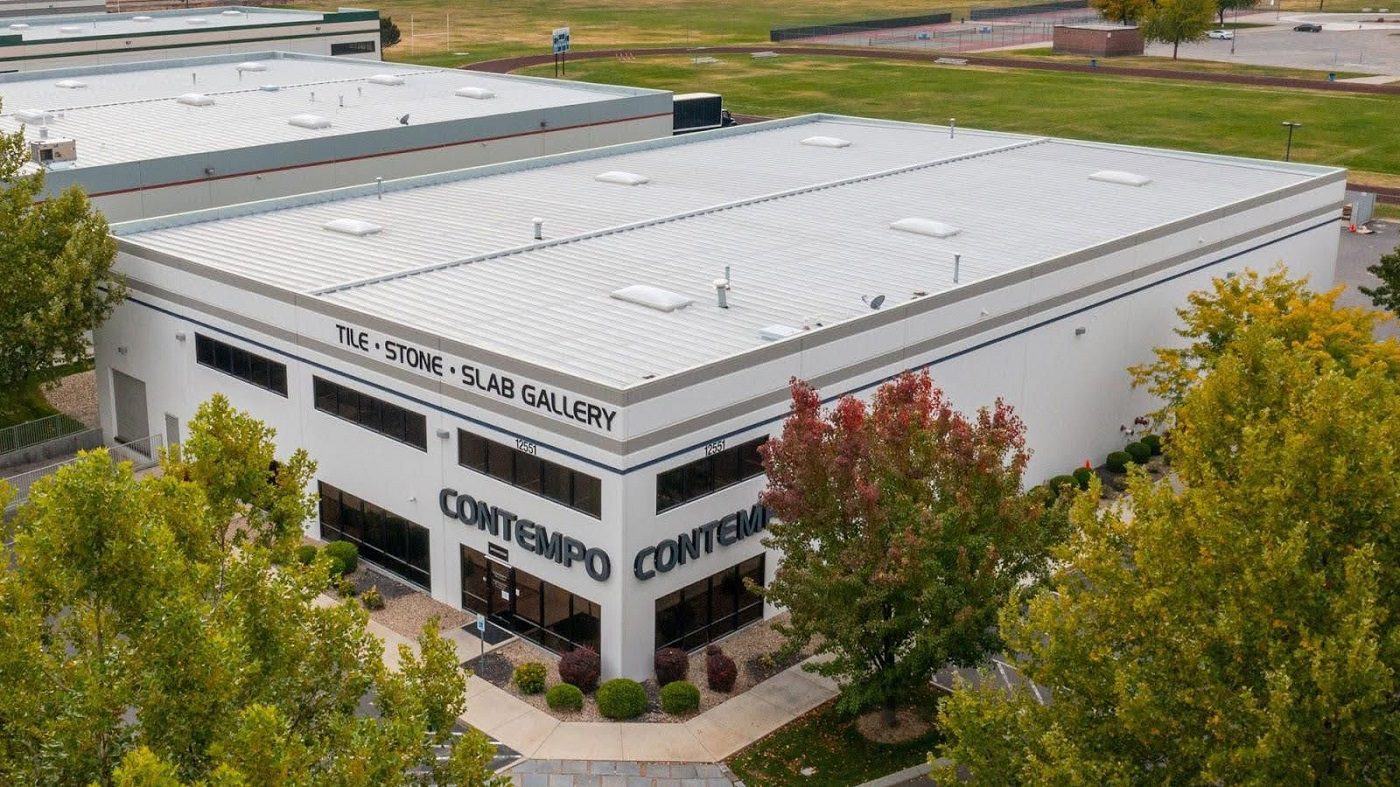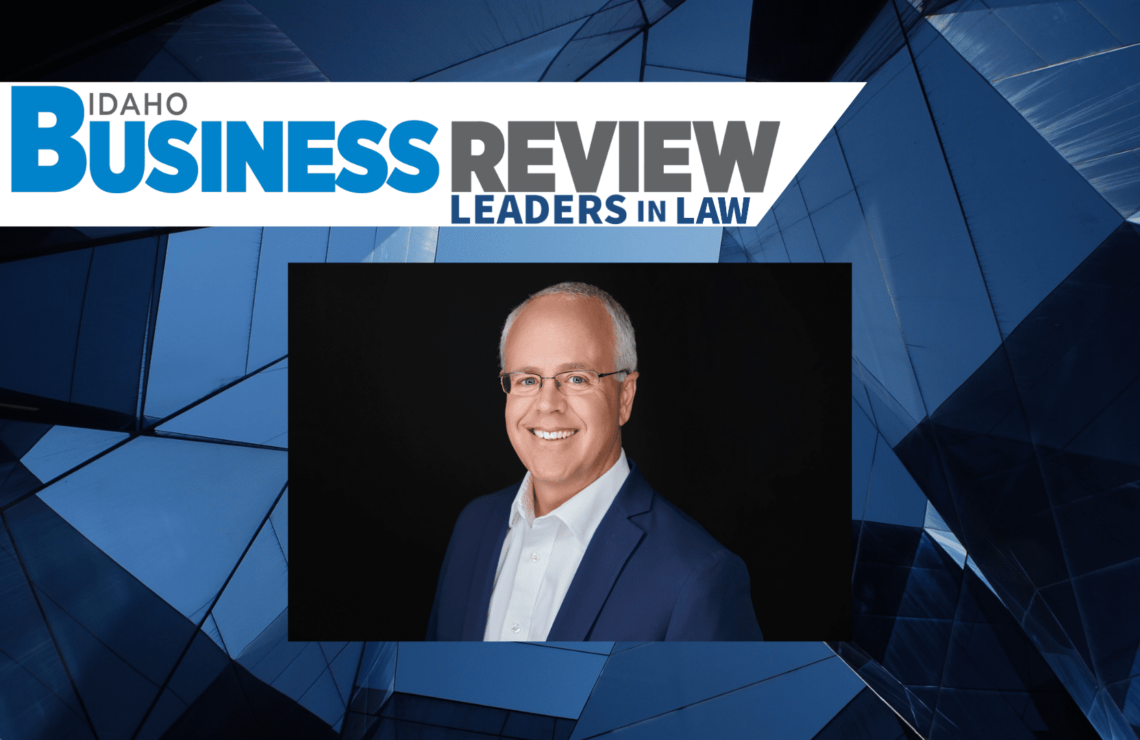Leasing a commercial property is one of the most critical decisions a business owner can make, as it sets the stage for your company’s daily operations, customer experience, and long-term growth. Whether you’re launching a new venture or expanding an existing one, the space you choose will influence everything from employee productivity to client perception and brand identity. A well-chosen location can support workflow, attract foot traffic, and provide the flexibility needed for future expansion. However, the process of finding and leasing commercial space can be overwhelming. From navigating zoning laws and understanding different lease types to budgeting for build-outs and operating expenses, there are numerous factors to weigh. At Adler Industrial, we understand these challenges and are here to guide you through every step. With the right approach and knowledgeable support, leasing doesn’t have to feel daunting it can be a strategic move that positions your business for long-term success.
This article will walk you through the essential things to know when looking for commercial properties for lease, helping you make an informed and confident decision. We’ll begin by helping you assess your business’s current and future needs, then explore how to evaluate lease types, locations, and amenities. You’ll also learn how to interpret common lease terms, identify potential red flags, and negotiate terms that benefit your bottom line. Whether you’re searching for a retail storefront, an office suite, or a warehouse, our goal is to provide a clear and comprehensive guide that empowers you to secure the right space one that aligns with your operations, budget, and long-term business goals. With thoughtful planning and a clear understanding of the leasing process, you’ll be equipped to make a smart investment in your business’s future.
Understand Your Business Requirements
Before you begin searching for commercial properties, it’s important to step back and evaluate what your business truly needs to succeed. Understanding your space requirements isn’t just about square footage it’s about how your team operates, how clients interact with your business, and how the space supports your day-to-day workflow. Taking time to clarify these needs upfront helps you avoid wasting time touring properties that won’t support your operations or growth.
- Space Requirements: should reflect the nature of your business. A retail shop needs visibility, foot traffic, and customer access. A warehouse demands high ceilings, loading docks, and open storage areas. Offices may call for private meeting rooms, collaborative zones, or specialized areas like server rooms. Think beyond square footage focus on how the space will function. Your layout should enhance productivity and reflect how your business works in real life, not just on paper.
- Long-term goals: play a key role in choosing the right space. Will this location support your growth for the next few years? If you’re planning to expand your team, launch new products, or shift operations, your space should be flexible enough to adapt. On the flip side, if you’re in a transitional phase or testing a market, consider shorter leases or scalable options. Planning ahead ensures that your investment supports where your business is headed not just where it is today.
Consider the Special Features your business may require. Some operations need stronger electrical systems, commercial-grade ventilation, or access to outdoor areas. If deliveries are frequent, loading docks and parking become essential. Manufacturing or food services may need specific zoning or compliance accommodations. Identifying these needs upfront helps you focus only on spaces that truly fit and avoid costly adjustments down the road.
At Adler Industrial, we help businesses define these key requirements clearly before beginning their search. Our approach goes beyond listings we work closely with you to create a detailed checklist that reflects your operational needs, long-term vision, and functional must-haves. Every space we recommend is aligned with your goals, so you can move forward with confidence knowing the property will serve your business not hold it back. - Prioritize Location: When it comes to commercial real estate, location truly is everything. The space you choose doesn’t just house your business it directly affects how smoothly it runs and how your brand is perceived. A strategic location can attract more customers, simplify logistics, support employee satisfaction, and set the tone for long-term growth. That’s why it’s important to look beyond rent prices and consider how a property’s location contributes to your overall success.
- Accessibility should be at the top of your list when evaluating a commercial space. A location that’s easy to reach helps your business run efficiently and keeps customers coming back. For retail businesses, being close to popular shopping areas or public transit boosts foot traffic. For warehouses or distribution centers, proximity to highways, ports, or transportation hubs can reduce shipping time and improve operational flow. Easy access for employees, parking availability, and compliance with accessibility standards are also key considerations.
- Visibility is crucial, especially for businesses that rely on attracting walk-ins or building brand recognition. A storefront in a high-traffic area whether foot or vehicle acts like a built-in marketing tool. The more people who see your sign or pass by your windows, the more brand awareness you build. Even for office-based businesses, being in a professional-looking, centrally located building can increase client trust and enhance your image.
- Proximity to competitors or collaborators can be either a smart move or a misstep depending on your goals. Being near similar businesses can drive more customer traffic, especially in shopping districts or business hubs where consumers expect variety. At the same time, it’s wise to understand the local competitive landscape and avoid oversaturated areas. Location can also be strategic for operations being near vendors, suppliers, or complementary businesses can streamline workflows and create partnership opportunities.
At Adler Industrial, we help you find commercial properties that check all the right boxes: convenient access, strong visibility, and smart proximity to the right partners or markets. We use our deep local knowledge to guide your decisions and locate properties that align with your business needs not just for today, but for future growth. The right location makes a difference, and we’re here to make sure it gives you every advantage. - Set a Clear Budget: Setting a realistic budget is one of the most critical steps in the leasing process. Not only will the base rent play a role in your decision, but there are also other costs to consider, such as utilities, maintenance, property taxes, and insurance. Understanding the full cost structure of leasing a property will ensure there are no surprises down the line.
Here Are a few key financial aspects to keep in mind:
- Base Rent: Base rent is the foundational cost you’ll pay for leasing the commercial space, and it’s typically calculated on a per-square-foot basis annually. For example, if a property charges $25 per square foot and you’re renting 1,000 square feet, your annual base rent would be $25,000, or about $2,083 per month. However, it’s important not to just look at the per-square-foot number; always calculate the actual monthly and annual rent so you can determine if it fits comfortably within your business’s operating budget. Some landlords may quote the rent as monthly, others annually, so ensure you’re comparing apples to apples. It’s also wise to consider whether you’ll be able to maintain that rent consistently, especially in the early months when revenue may fluctuate.
- Operating Expenses: Beyond the base rent, many commercial leases, especially those categorized as “net” or “triple net” leases, require tenants to pay a portion of the property’s operating expenses. These costs can include utilities like water, gas, and electricity; property insurance; real estate taxes; and common area maintenance (CAM), which covers shared spaces like lobbies, parking lots, landscaping, and elevators. Some landlords provide an estimate of these expenses upfront, but they can vary year to year. It’s crucial to ask for a breakdown of the typical charges so you can create a more accurate financial projection. Failing to factor in these additional costs can result in a significant underestimation of your total monthly expenses, which may strain your budget down the line.
- Security Deposit: Most landlords require a security deposit before allowing a tenant to take possession of the space. This deposit is intended to cover any potential damages to the property or unpaid rent during the lease term. The amount typically ranges from one to three months’ worth of rent, but it may vary based on your creditworthiness, business history, or lease length. It’s important to understand exactly how the deposit will be held whether it’s in an interest-bearing account, for example and under what conditions it can be withheld at the end of your lease. You should also clarify the timeline and process for getting the deposit returned, as well as whether any part of it is non-refundable. All of this should be clearly spelled out in the lease agreement to avoid misunderstandings later.
- Rent Escalation: Many commercial leases include rent escalation clauses, which outline how and when your rent will increase over the course of the lease. These increases might be fixed (e.g., 3% annually), tied to the Consumer Price Index (CPI), or based on operating expense increases passed through to tenants. Understanding these clauses is essential for long-term financial planning. Even a small annual increase can add up significantly over a multi-year lease term. For instance, if your rent goes up 3% each year, you’ll be paying roughly 15.9% more in year six than you did in year one. Before signing anything, make sure you model out future rent increases and include them in your projected budget. This will help you avoid surprises and ensure that your business can sustain the lease as time goes on.
At Adler Industrial, we work with you to understand your financial goals and identify properties that meet your needs without exceeding your budget. We’ll help you negotiate favorable lease terms and ensure you’re aware of all associated costs.
Understand Lease Terms
Commercial lease agreements can be complex, and it’s important to fully understand the key terms before signing. A lease is a legally binding contract that can significantly impact your business operations and finances. Taking the time to review the details ensures the agreement supports both your current needs and long-term goals. Overlooking key clauses can lead to costly surprises or restrictions on how you use your space, so it’s worth getting clarity upfront.
- Lease Duration and Renewal Options: The lease term sets the length of your commitment to the space, which can range from short-term flexibility to long-term stability. A shorter lease might suit a business in transition, while a longer term could lock in a favorable rate and location. Renewal options are equally important they give you the right to extend your lease when the term ends. These options should clearly define when and how you can renew, and whether rent increases will apply. This helps you plan ahead and avoid renegotiation stress later.
- Maintenance and Repairs: Knowing who is responsible for upkeep is essential. Some leases, like gross leases, include maintenance costs in the rent. Others, like net leases, pass those costs to the tenant. Clarify whether you’re responsible for things like HVAC servicing, plumbing, or structural repairs. This affects not only your monthly budget but also your long-term maintenance costs. Understanding these responsibilities now can save you from unexpected expenses in the future.
- Subleasing: Business needs change, and having the option to sublease your space can provide flexibility. If you outgrow the space or scale down, subleasing lets you rent out unused portions. However, landlords often require approval before you do so. Make sure your lease outlines whether subleasing is allowed, under what conditions, and what approvals are necessary. This provision can offer valuable breathing room if your plans evolve.
- Rent Escalation: Rent escalation clauses allow the landlord to raise your rent during the lease. These increases may be based on a fixed percentage, inflation (CPI), or changes in building costs. Understanding how rent will increase and how often helps you forecast your future expenses. Be sure this section of the lease is clearly worded so there are no surprises as your business grows.
At Adler Industrial, we’re here to make sense of it all. Our team will walk you through every term of your lease, explaining each clause and its potential impact. We ensure the agreement aligns with your business strategy so you can sign with confidence, knowing you’re fully protected and set up for success.
Do Your Due Diligence
Before committing to a commercial lease, it’s vital to carefully evaluate the property and ensure it aligns with your business goals. This due diligence process helps prevent future issues and confirms the space is truly right for your operations. Rather than rushing in, take the time to assess the property thoroughly from the infrastructure to legal zoning requirements.
Start with the building’s condition. A visual inspection alone isn’t enough. Look closely at the roof, plumbing, HVAC, and electrical systems to catch any potential problems. These systems are critical to your operations, and repairs can become expensive quickly. Having a professional inspector review the property can help you avoid costly surprises after you’ve signed the lease.
Next, check that utilities are fully functional and sufficient for your needs. Confirm availability and capacity for water, electricity, gas, and internet especially if your business is tech-heavy, requires refrigeration, or depends on large equipment. It’s also wise to ask about the history of utility issues or outages in the area.
Security and parking are often overlooked but incredibly important. Is the building equipped with surveillance, outdoor lighting, or secure access points? Is there enough parking for staff, customers, or delivery trucks? These factors directly impact both safety and customer satisfaction especially for retail or service-based businesses.
Don’t forget to verify zoning regulations. Just because a property looks right doesn’t mean it’s legally permitted for your type of business. If you plan to renovate, install equipment, or display signage, zoning laws may restrict what you can do. Confirm current zoning status and speak to the city or county if needed.
At Adler Industrial, we assist with every part of the due diligence process from inspections and zoning checks to ensuring the space is truly move-in ready. We take pride in helping businesses avoid hidden costs and ensuring the property meets both short- and long-term goals.
Navigating the commercial leasing process can be complex, but you don’t have to do it alone. With Adler Industrial, you get expert market insight, access to hidden property opportunities, and strong advocacy during lease negotiations. We handle the details so you can focus on running and growing your business with confidence.
Let Adler Industrial take the stress out of leasing. From property tours to final contracts, we’re here to ensure you land the right space on the right terms.
Let Adler Industrial Simplify Your Search
Leasing the right commercial property is one of the most important decisions you can make for the long-term success of your business. The location, layout, size, and overall functionality of the space directly impact your daily operations, your team’s productivity, and how your brand is perceived by clients and customers. Whether you’re launching a new venture, expanding into a larger space, or relocating for better opportunities, choosing the right property is not just about square footage it’s about finding a space that fits your goals, your growth plans, and your vision for the future. At Adler Industrial, we understand how complex and overwhelming the commercial leasing process can be. That’s why we position ourselves as more than just a real estate firm we’re your trusted partner and advisor through every stage of your leasing journey. Our experienced team is deeply familiar with the local market and committed to aligning your real estate decisions with your business strategy. From industrial warehouses and manufacturing sites to office suites and flex spaces, we help you evaluate all options with a clear eye on long-term value, cost-efficiency, and operational fit.
Our process begins by working closely with you to identify your unique space requirements, including the type of property, desired location, square footage, zoning needs, and any special features or layout preferences. Whether you’re searching for Idaho commercial property, warehouse properties for sale, or commercial industrial property for sale, we take time to understand how your business functions day-to-day, what kind of customer or vendor access you need, and how your space should support your team and workflow. Once we’ve narrowed down the right properties, Adler Industrial steps in to negotiate on your behalf, securing the most favorable lease terms possible—from rental rates and lease duration to build-out allowances and renewal options. We handle the fine print so you can stay focused on running your business. And our support doesn’t stop once the lease is signed. We’re here for the long run, offering market insights, space utilization advice, and help with future expansions. If you’re ready to secure the ideal commercial space, contact Adler Industrial today and let us guide you toward a property that will actively support your business’s success.




